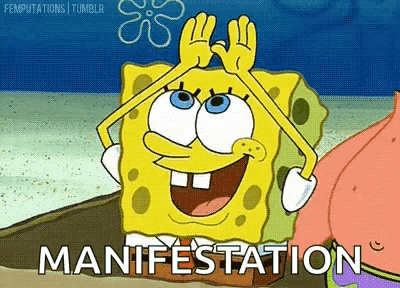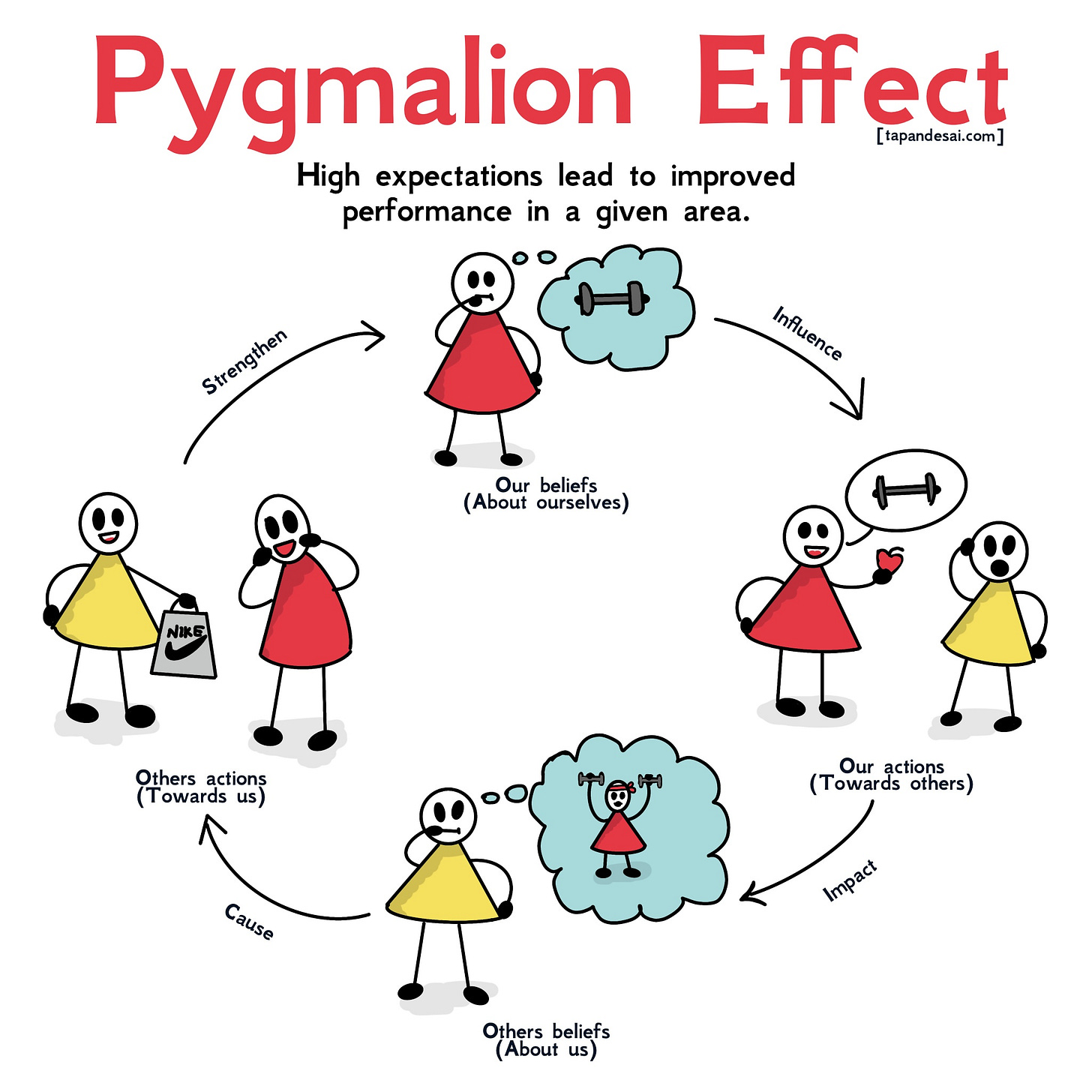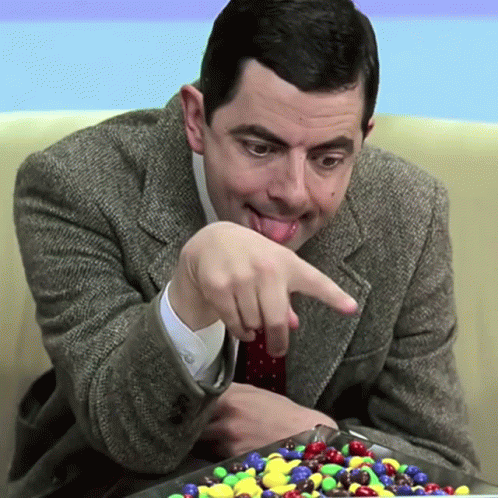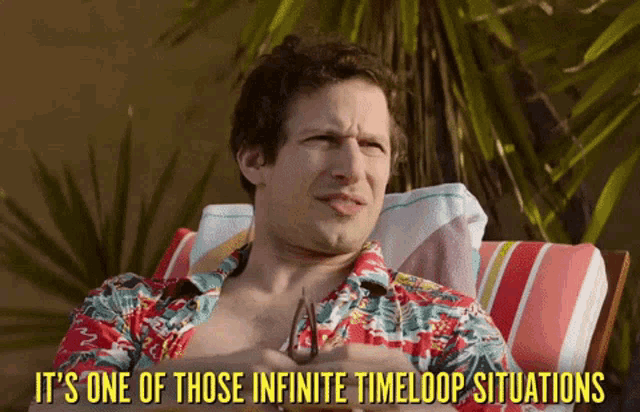Want to Manifest Success? Here's How.
Discover the Pygmalion Effect and Learn How Your Beliefs Can Transform Your Life, From Work to Relationships
I have been away for a bit, soaking up the summer in London, but I am back with something that’s been on my mind.
In every Indian household, there’s a saying: shubh shubh bol—“say good things.”
But why?
There’s a belief that the goddess Saraswati, who represents wisdom, sits on the tongue at any given time during the day, also called the ‘zubaan par Saraswati’ moment. If you wish for something during that moment, it’s said to come true.
Maybe this is what people today call…
Now, whether you believe in manifestation or not, there’s a fascinating concept at play — a self-fulfilling prophecy where our expectations can shape reality.
This is the essence of Pygmalion effect.
✨ The Pygmalion Effect: Expectations Shape Reality
The Pygmalion effect is a psychological phenomenon where high expectations lead to improved performance in a given area.
When you or someone else truly believes you can succeed, you’re more likely to rise to the challenge.
It’s like a mirror: how you’re perceived shapes how you act, which then influences how others treat you. This feedback loop can either elevate your potential or hold it back.
Expectations aren’t just predictions—they’re prophecies.
Imagine this: you tell a friend you’re going to start eating healthy, and they genuinely believe in you. Suddenly, they’re suggesting salad spots instead of Five Guys. Their belief in you strengthens your resolve, making it easier to stick to your goal.
My friends would plan a pizza dinner the same day (like Ann Perkins), but let’s imagine your friends actually have high expectations of you.
Here’s the twist: the Pygmalion effect works both ways. High expectations can propel you to new heights, but low expectations? They can pull you down just as quickly. This is called the Golem Effect 🧌.
But having high expectations means guaranteed success? No. But if you’re occasionally let down by high expectations, think of it as a small tax to pay for your positive belief.
🚨 Quick sidebar: Enjoying what you're reading? Bet you've got a friend who would too. Share and help me grow this community.
Pssttt, they will also get a free copy of my ebook, Framework for Thoughts, when they sign up!
🗿 Pygmalion: The Sculptor Who Breathed Life into Stone
The term “Pygmalion effect” comes from a Greek myth about a sculptor named Pygmalion1.
He created a statue of a woman so perfect that he fell in love with it, showering it with gifts and affection.
Eventually, on Aphrodite’s festival day, he quietly wished for a bride who would be “the living likeness of my ivory girl.” The goddess granted his wish, and the statue came to life.
This myth perfectly encapsulates the essence of the Pygmalion effect: our expectations can breathe life into potential that might otherwise remain dormant.
👶 How the Pygmalion Effect Shapes Our Kids and Us?
Robert Rosenthal and Lenore Jacobson’s research highlighted just how powerful expectations can be.
In their study2, they tested the IQ of elementary students and randomly labelled one-fifth of them as “gifted.” Yes, randomly.
Most importantly, the teachers weren’t told the kids were randomly selected—just that one-fifth were exceptionally intelligent.
When the study ended, all the students were retested. While both groups improved, surprise surprise, the so-called “intelligent” students showed significantly greater gains in their IQ scores.
That’s the Pygmalion effect in action. It is especially clear in children, so it’s crucial to be mindful of the expectations you set for them. What you believe they can achieve might just become their reality.
The visions we offer our children shape the future. It matters what those visions are. Often they become self-fulfilling prophecies. Dreams are maps.
Carl Sagan
Watch this video where Rosenthal explains his experiment.
So, why did the teachers treat these kids differently? The teachers, consciously or subconsciously, believing these kids were gifted, gave them more warmth, attention, and encouragement—even though they were no different from their peers.
And that’s exactly why the Pygmalion Effect works.
🌟 Positive Reinforcement: When you believe in someone’s potential, you offer more positive feedback, encouragement, and opportunities, boosting their confidence and performance.
🔄 Behavioural Changes: Your expectations, also, subtly influence your behaviour—like giving more time, attention, and resources to those you expect to succeed.
🔮 Self-Fulfilling Prophecy: As the person senses your belief in them, they start to believe in themselves more—helping them rise to the occasion. This creates a loop.
When Rosenthal and Jacobson first shared their research, people were captivated by the idea that we might be capable of far more than we think.
While it’s inspiring to believe that, it doesn’t mean we can suddenly do anything just because someone believes in us.
The Pygmalion effect is more about tapping into our full potential and sidestepping the roadblocks that low expectations often create.
💼 The Workplace: Turning Good Employees into Great Ones
In the workplace, the Pygmalion effect can turn good employees into great ones.
When leaders have high expectations, they give their team more responsibility, set stretch goals, and create growth opportunities.
This positive cycle pushes employees to rise to the challenge.
Additionally, when we believe in our leaders, we’re more engaged and supportive, helping them perform better too.
The force of authority bias is already strong within all of us.
❤️ Love and the Pygmalion Effect: Relationships that Grow
This effect isn’t just for classrooms; it works in relationships too.
When you believe in your partner’s success, you naturally become a motivator for them3. They don’t want to let you down because your belief in them fuels their drive.
On the flip side, if you doubt the relationship’s future, that doubt can become a self-fulfilling prophecy, making it harder to work through challenges.
🛠️ Making It Work: Harnessing the Pygmalion Effect
So, what can you do? The Pygmalion effect shows that our reality is shaped by the expectations around us. How we think, act, and achieve can all be influenced by others’ beliefs.
But balance is key. High expectations can motivate but also add pressure. It’s crucial to set realistic expectations that encourage growth without overwhelming.
By believing in others and seeing their potential, we help them reach it.
In the end, the future we shape for others often begins with the expectations we set.
Stuck in a Rut? Here’s Why
Enjoyed the newsletter? You’ll also love this previous issue on how low expectations and complacency keep you stuck in the Zone of Average.
Until next time,
Tapan (Connect with me on Twitter or reply to this email)
Thank you for reading! 🙏🏽 Help me reach my goal of 3,000 readers in 2024 by sharing this post with friends, family, and colleagues! ♥️
Research on Pygmalion in the classroom. Please note, the Pygmalion effect remains controversial among social psychologists, because researchers have repeatedly failed to replicate the original finding of a strong, statistically significant effect. More details here.












